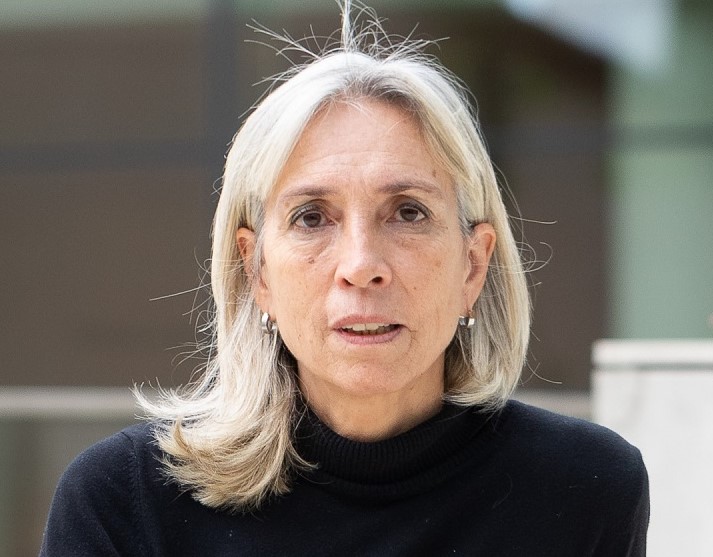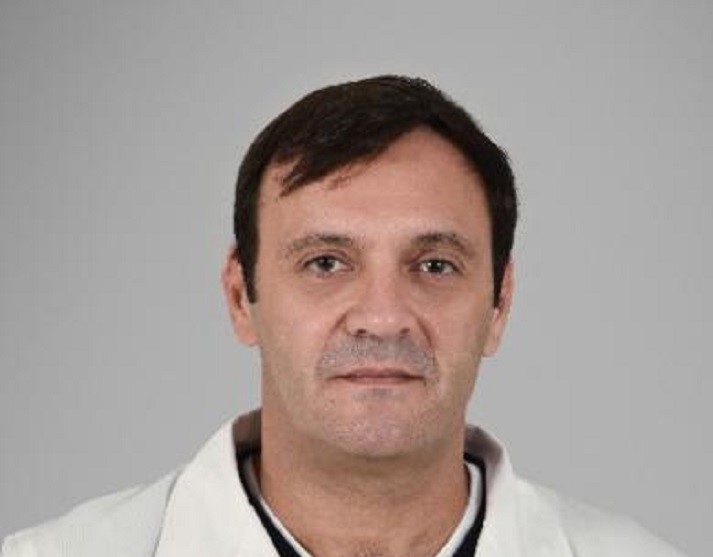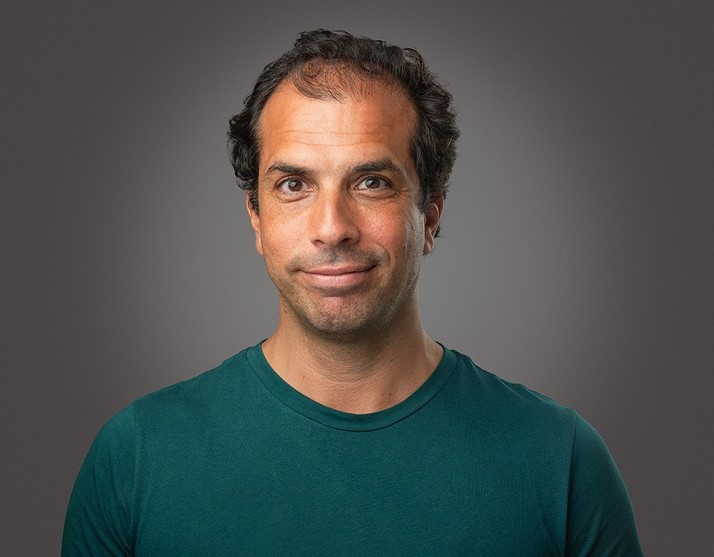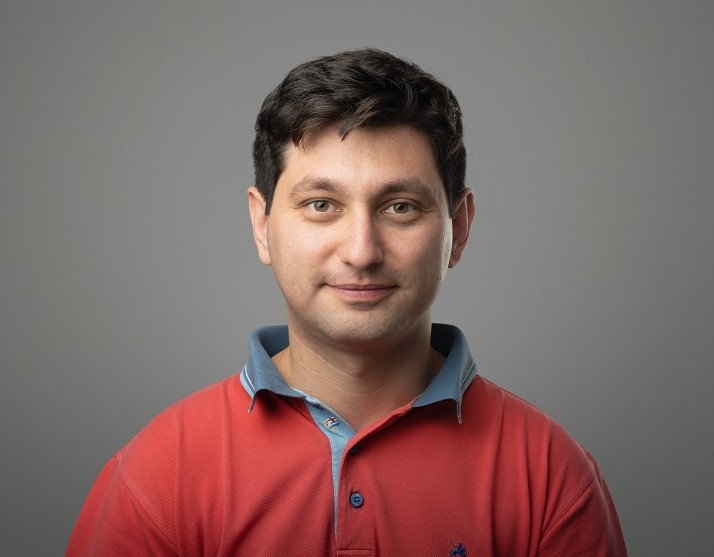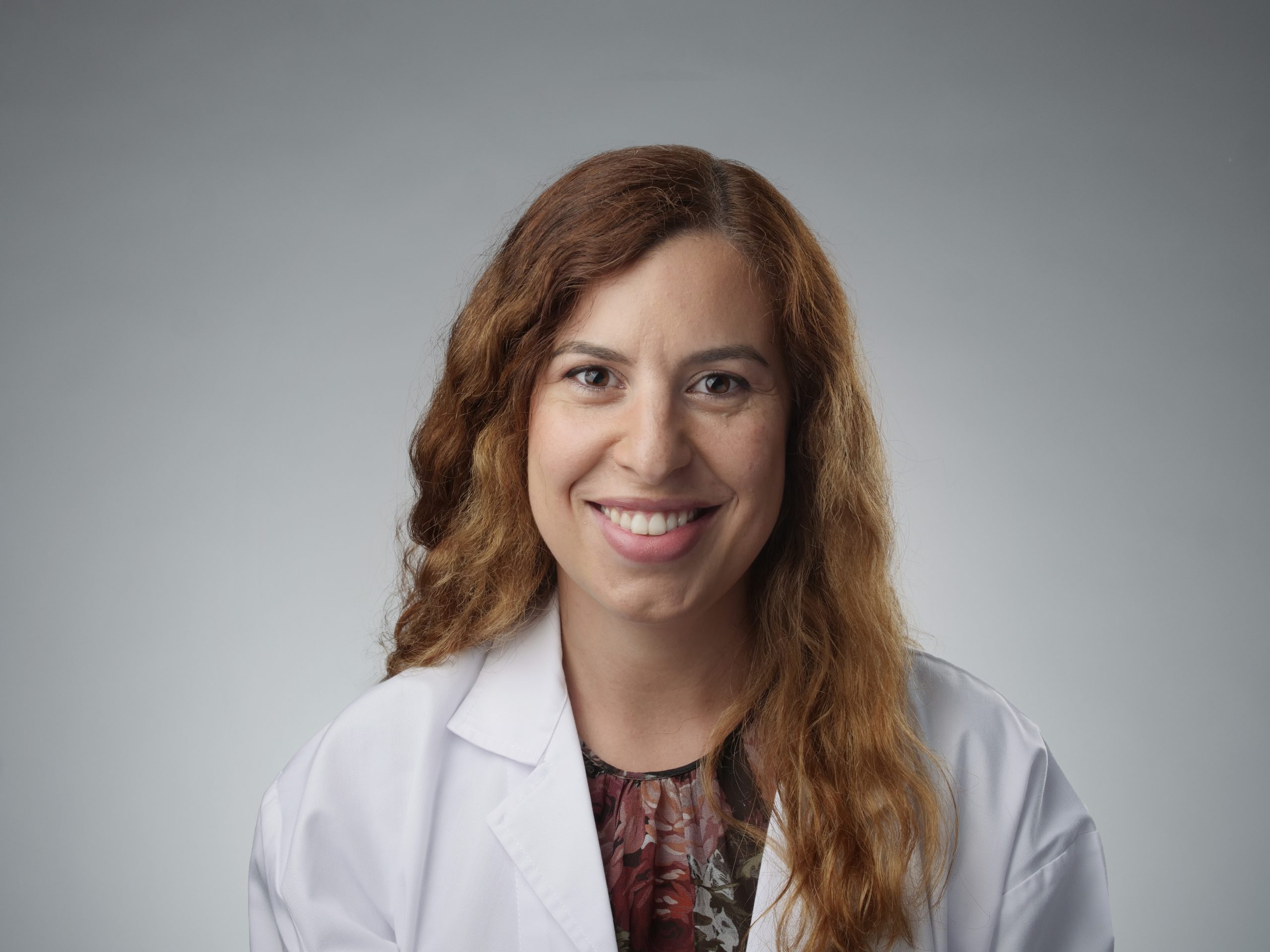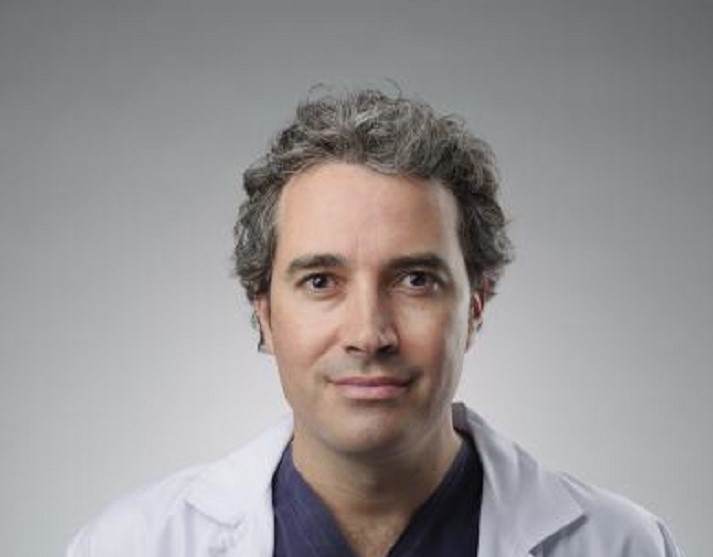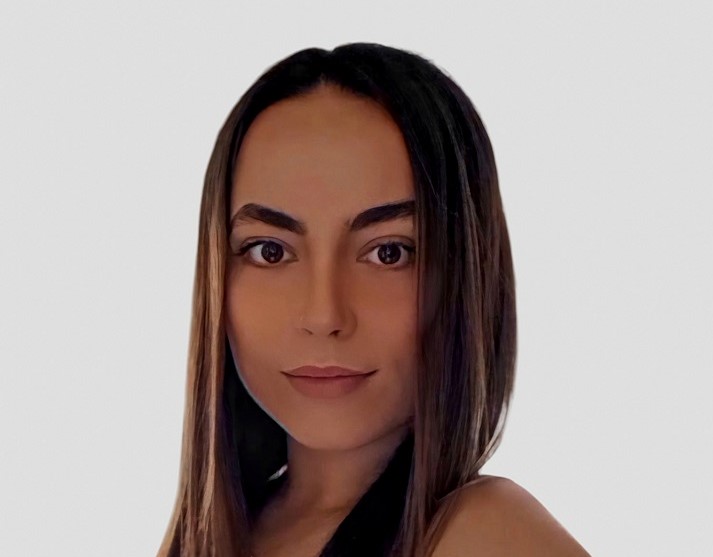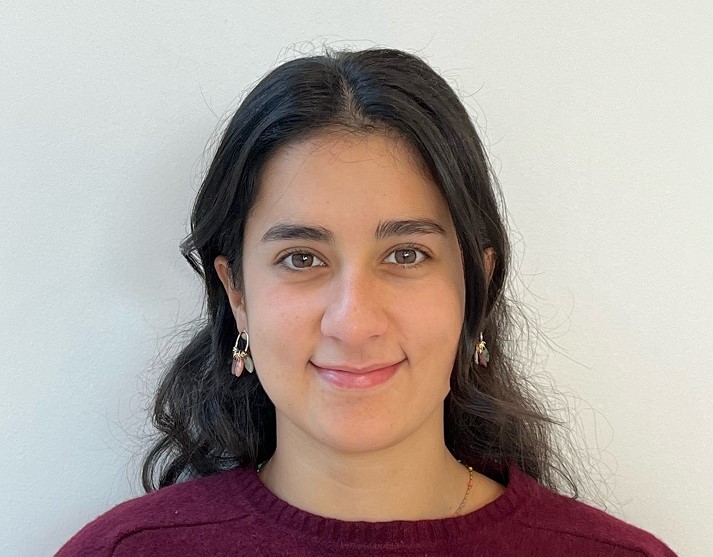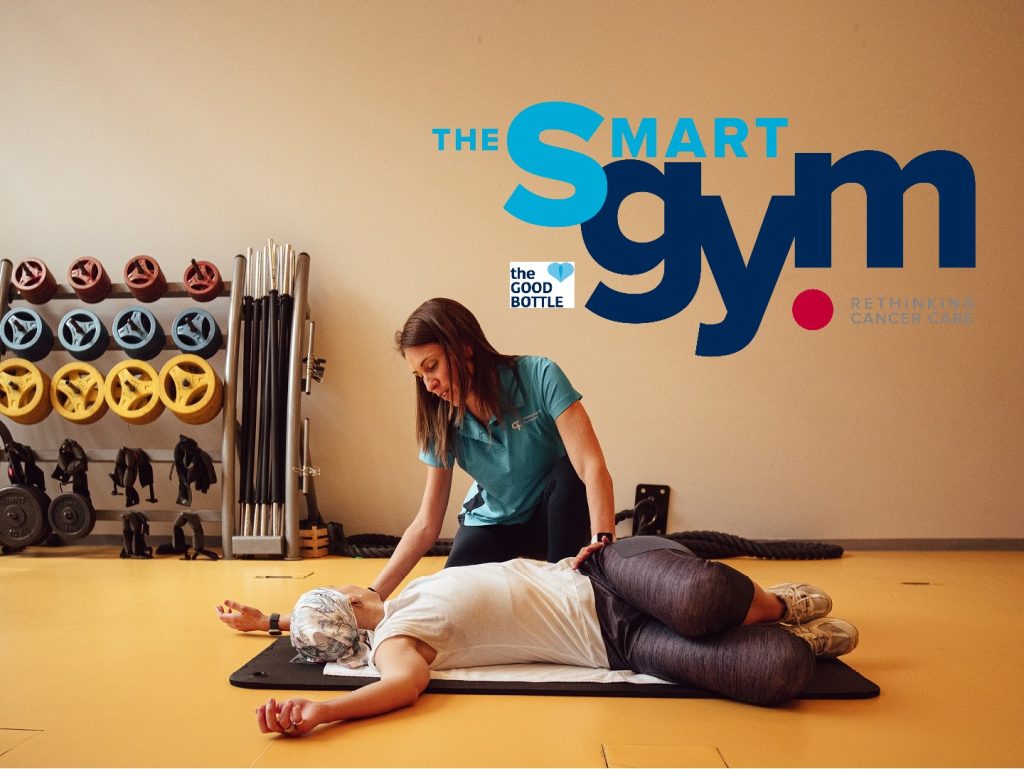Surgery, Care, Outcomes, Personalization, and Empowerment (SCOPE) Lab
• Developing a prediction tool that will help patients to understand how their breasts will look after breast cancer locoregional treatment
• Improving locoregional treatment literacy and information using digital tools and generative AI
• Improving surgical outcomes of breast cancer patients
Our Clinical studies examine the potential of physical exercise as a concurrent therapy along with standard care to counteract the overall side effect burden of breast cancer treatment resulting from fatigue, cardiotoxicity, neuropathies, and sleep disturbances. Examples of our clinical research include a 4 to 6 month randomized controlled trial that is examining the impact of supervised exercise on Ki67 among breast cancer patients undergoing neoadjuvant treatment (The Neoadjuvant Exercise Oncology Program – NEO -Program). We have other clinical trials in preparation to 1) examine whether resistance exercise can improve tolerability to cyclin-dependent kinase 4/6 inhibitors (CDK4/6i) with endocrine therapy in estrogen receptor-positive (ER+)/Human Epidermal Receptor 2-negative (HER2-) breast cancers and 2) to determine whether physical exercise can improve sleep patterns during adjuvant hormone therapy in hormone-dependent (HR+) breast cancer.
Epidemiological studies use already existent data resources to expand our understanding of the role of physical activity and sleep in the etiology of cancer. Epidemiological studies are important to determine the distribution of risk factors for cancer such as physical inactivity or poor sleep in the population and quantify dose-response relationships between physical activity, sleep, and cancer risk and cancer survivorship. Examples of ongoing studies include our 1) examinations of the distribution of activity levels in the Portuguese population (n=8000 adults) using wearable measures of step counts and stepping intensity, and 2) examinations of associations between wearable-based sleep patterns and risk of mortality among adults (n=5000 adults).
Digital Health studies in our lab are examining the clinical value of wearable technology in oncology for the timely identification and monitorization of cancer treatment side effects including fatigue. These studies will allow for more individualized and proactive cancer treatments. We are particularly interested in identifying digital biomarkers of cancer outcomes using physical activity, exposure to light, and sleep measures, extracted from consumer and research-grade wearables. One example of a digital health study that we conducted recently includes the characterization of sleep patterns using a contactless sleep device among 25 women undergoing neoadjuvant chemotherapy and whose sleep patterns were monitored for 4 consecutive months throughout the entire duration of their treatment.
/ Group Leader /
/ Head of Breast Surgery /
Meet Our Team
/ Plastic Surgeon /
/ Head of Breast Surgery /
/ Breast Surgeon /
/ PhD Student /
/ Postdoc Research /
/ Breast Surgeon /
/ Biomedical Engineer /
/ PhD Student /
/ Breast Surgeon /
Selected Publications
Artificial-Intelligence Cloud-Based Platform to Support Shared Decision-Making in the Locoregional Treatment of Breast Cancer: Protocol for a Multidimensional Evaluation Embedded in the CINDERELLA Clinical Trial | PharmacoEconomics – Open
Ludovica Borsoi , Elisabetta Listorti , Oriana Ciani ; CINDERELLA Consortium. Pharmacoecon Open 2024 Nov 8:945-959
Publication Date: 2024
Early breast cancer: ESMO Clinical Practice Guideline for diagnosis, treatment and follow-up☆ – Annals of Oncology
Loibl S, André F, Bachelot T, Barrios CH, Bergh J, Burstein HJ, Cardoso MJ, Carey LA, Dawood S, Del Mastro L, Denkert C, Fallenberg EM, Francis PA, Gamal-Eldin H, Gelmon K, Geyer CE, Gnant M, Guarneri V, Gupta S, Kim SB, Krug D, Martin M, Meattini I, Morrow M, Janni W, Paluch-Shimon S, Partridge A, Poortmans P, Pusztai L, Regan MM, Sparano J, Spanic T, Swain S, Tjulandin S, Toi M, Trapani D, Tutt A, Xu B, Curigliano G, Harbeck N; ESMO Guidelines Committee. Ann Oncol. 2024 Feb;35(2):159-182. doi: 10.1016/j.annonc.2023.11.016.
Publication Date: 2024
EUSOMA quality indicators for non-metastatic breast cancer: An update – European Journal of Cancer
Rubio IT, Marotti L, Biganzoli L, Aristei C, Athanasiou A, Campbell C, Cardoso F, Cardoso MJ, Coles CE, Eicher M, Harbeck N, Karakatsanis A, Offersen BV, Pijnappel R, Ponti A, Regitnig P, Santini D, Sardanelli F, Spanic T, Varga Z, Vrancken Peeters MJTFD, Wengström Y, Wyld L, Curigliano G. Eur J Cancer. 2024 Feb;198:113500. doi:10.1016/j.ejca.2023.113500
Publication Date: 2024
Evaluating the ability of an artificial-intelligence cloud-based platform designed to provide information prior to locoregional therapy for breast cancer in improving patient’s satisfaction with therapy: The CINDERELLA trial | PLOS One
Kaidar-Person O, Antunes M, Cardoso JS, Ciani O, Cruz H, Di Micco R, Gentilini OD, Gonçalves T, Gouveia P, Heil J, Kabata P, Lopes D, Martinho M, Martins H, Mavioso C, Mika M, Montenegro H, Oliveira HP, Pfob A, Rotmensz N, Schinköthe T, Silva G, Tarricone R, Cardoso MJ; CINDERELLA Consortium
PLoS One. 2023 Aug 3;18(8):e0289365. doi: 10.1371/journal.pone.0289365
Publication Date: 2023
Risk reduction and screening of cancer in hereditary breast-ovarian cancer syndromes: ESMO Clinical Practice Guideline☆ – Annals of Oncology
Sessa C, Balmaña J, Bober SL, Cardoso MJ, Colombo N, Curigliano G, Domchek SM, Evans DG, Fischerova D, Harbeck N, Kuhl C, Lemley B, Levy-Lahad E, Lambertini M, Ledermann JA, Loibl S, Phillips KA, Paluch-Shimon S; ESMO Guidelines Committee.
Ann Oncol. 2023 Jan;34(1):33-47. doi: 10.1016/j.annonc.2022.10.004
Publication Date: 2023
Evolution, current challenges, and future possibilities in the objective assessment of aesthetic outcome of breast cancer locoregional treatment – The Breast
Jaime S Cardoso, Wilson Silva, Maria J Cardoso. Breast 2020 Feb:49:123-130. doi: 10.1016/j.breast.2019.11.
Publication Date: 2020
Selected Projects
CINDERELLA
Sponsor: HORIZON-HLTH-2021-DISEASE-04-04 Grant Agreement number 101057389
International Principal Investigator: Maria-João Cardoso
The CINDERELLA project intends to test and validate the implementation of an AI-based tool for a safer and evidence-based clinical decision for patients proposed for locoregional treatment, making it easily applied in clinical practice anywhere in the world. A better prediction of aesthetic outcomes of the different breast surgical approaches can improve patient satisfaction and quality of life, reduce anxiety and depression levels, as well as potential revisional surgeries.
Clinical trial (ClinicalTrials.gov: NCT NCT05196269)
IMAGE.ME
Sponsor: PRR Project/ FIRST GLOBAL SOLUTION
National Principal Investigator: Maria-João Cardoso
In the context of a clinical trial or in the non trial setting patients have frequently the need to communicate with the healthcare team through images (photographs) of part(s) of their body to document several aspects (side effects of treatments, clinical trial documentation, healing process, etc). Instead of doing this action in a regular email we plan to integrate this app in the clinical workflow allowing patients to communicate more easily images of importance with the team.
FLOW
Sponsor: Champalimaud Foundation
Principal Investigators: David Pinto, Rogelio Andres Luna
Flow is a pilot study to test the reduction of anxiety and mood improvement in the preoperative environment using virtual reality and immersive meditation. While waiting for surgery in the induction room patients have the possibility to test the virtual reality solution with/without a mindfulness meditation. This trial will help us to study the role of virtual reality and mindfulness meditation in this context while giving the patients the benefit of using it.
I PREPARE ( EUBREAST 11 (R) I-PREPARE (International Prospective REgistry on Pre-PectorAL REconstruction))
Sponsor: EU BREAST
International Principal Investigator: Oreste Gentilini
National Principal Investigator: Carlos Mavioso, MD
International prospective cohort study that aims at comparatively evaluating data on different surgical techniques of pre-pectoral breast reconstruction with or without radiation.
Long-term oncologic safety of nipple sparing mastectomy in women with high penetrance germline pathogenic variants in breast cancer susceptibility genes
Sponsor: Lady Davis Institute for Medical Research Jewish General Hospital
Montreal, Canada
International Principal Investigators: Stephanie M Wong MD MPH, William D Foulkes MBBS PhD
National Principal Investigator: Maria João Cardoso
To determine the long-term oncologic safety of NSM versus SSM and total
mastectomy in unaffected women with a confirmed GPV in BRCA1/2, PALB2, CDH1, PTEN or TP53. The primary outcome of interest will be the cumulative incidence of breast cancer at 5 and 10-years following RRM, stratified by type of mastectomy.
Disclaimer: contact us for more information about these studies or if you wish to know more about other ongoing work we have at our lab.
The SmartGym
Where our Science Takes Place
Our priority at the Champalimaud Foundation is to develop a structured and personalized offer of exercise programs for all patients diagnosed with cancer. To achieve this goal, we designed RELIEVE – an innovative program that will create a personalized referral and exercise prescription fully integrated into the clinical care pathway for patients followed at the Champalimaud Clinical Centre. RELIEVE will be implemented at our new exercise facility The SmartGym, thanks to a generous donation from The Good Bottle.
The SmartGym will be equipped with Technogym latest technology including the Technogym A.I. powered checkup assessment hardware and software that includes a cloud ecosystem to securely store and manage all data collected during the exercise sessions. As part of RELIEVE, we will also implement an individualized and passive monitoring system for behaviors of daily life including physical activity and sleep, outside the clinical setting. RELIEVE will inform our patients and our science about which exercise programs can help cancer patients the most.
Moving Beyond
Science on Exercise Oncology
There is established evidence that physical exercise is a key player for cancer prevention and for improving the prognosis and quality of life of people who have cancer. Our lab organized the conference Moving Beyond, which took place at the Champalimaud Foundation on April 3 and 4 2025 and gathered world scientific leaders in the field of “exercise oncology”.
During the two-day conference, we interviewed a series of invited speakers on the benefits of physical activity for cancer prevention and treatment and asked speakers to share some of the key scientific advances in exercise oncology.
Watch the video and hear what they had to say.
